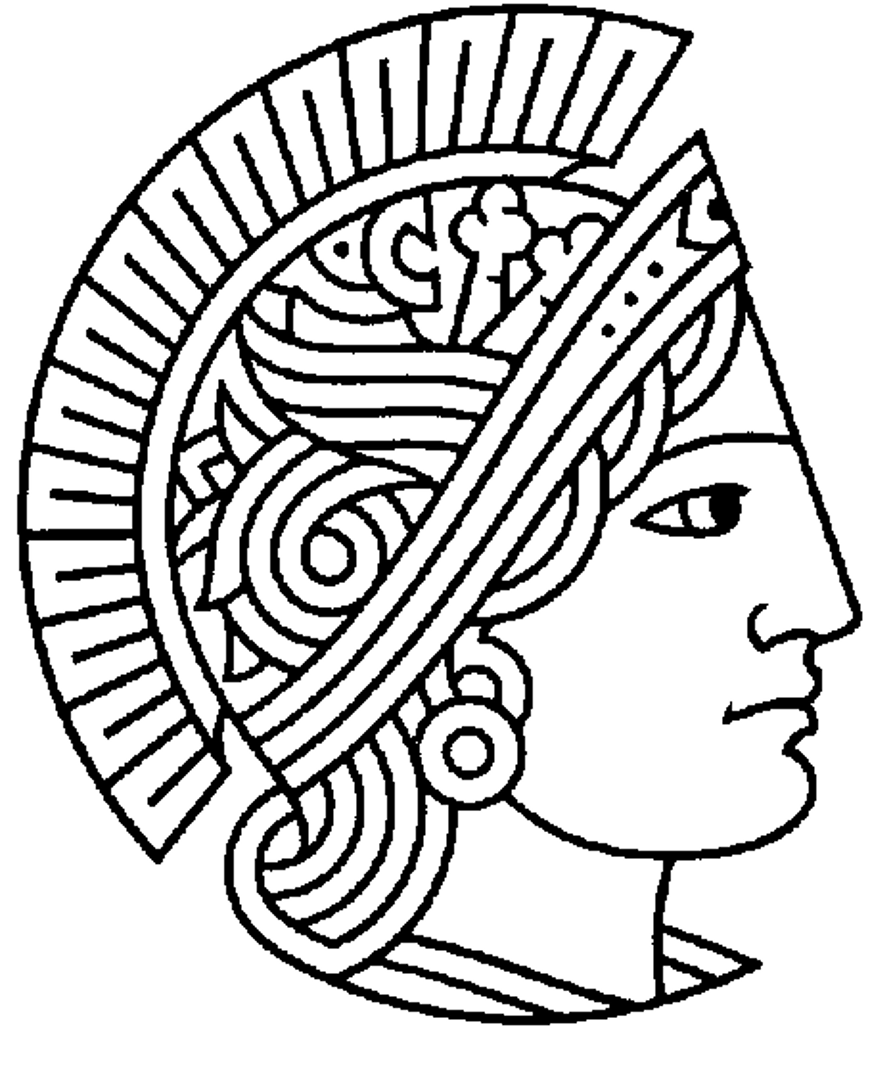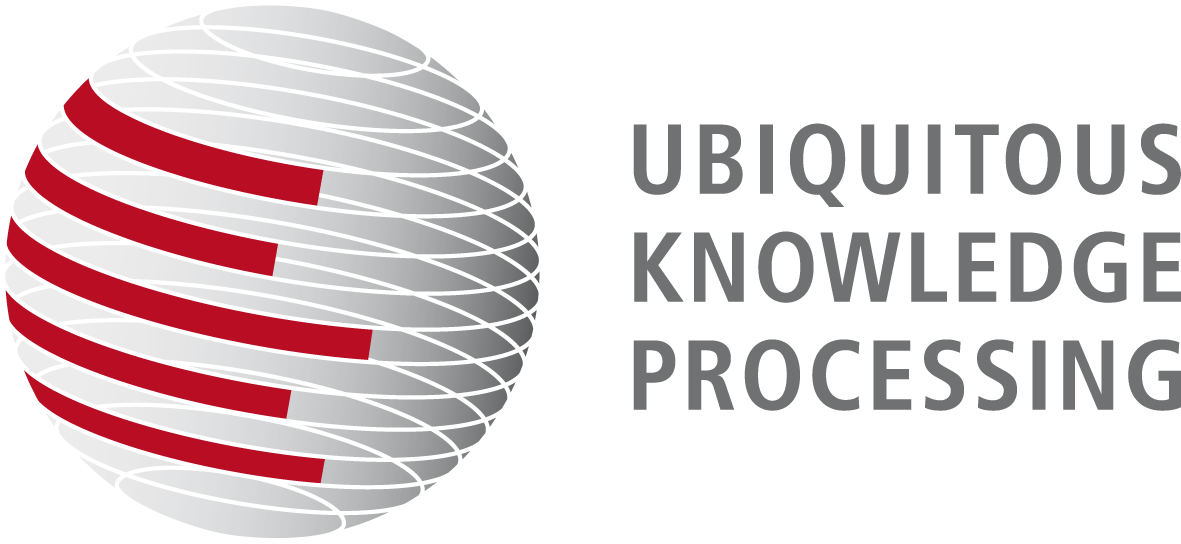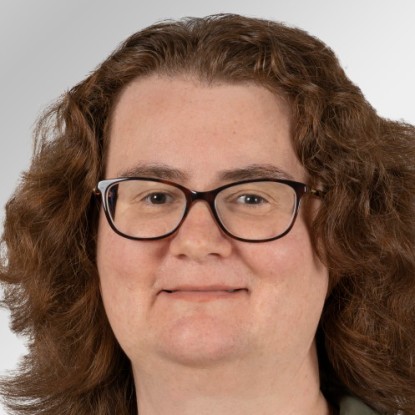Guest Speaker Michael Zock
2014/11/07

On Tuesday November 25th, Dr. Michael Zock will give a LKE/KDSL invited talk, as described below.
Title: Wheels for the mind of the language producer: microscopes, macroscopes, semantic maps and a good compass
Abstract: Languages are not only means of expression, but also vehicles of thought, allowing us to discover new ideas (brainstorming) or clarify existing ones by refining, expanding, illustrating more or less well specified thoughts. Of course, all this must be learned, and to this end we need resources, tools and knowledge on how to use them.
Knowledge can be encoded at various levels of abstractions, considering different units (words, sentences, texts). While semantic maps represent words and their relations at a micro-level, schematic maps (tree banks, pattern libraries) represent them combined, in larger chunks (macro-level).
We all are familiar with microscopes, maps, and navigational tools, and we normally associate them with professions having little to do with NLP. I will argue during my talk that this does not need to be so. Methaphorically speaking, we do use the very same tools to process language, regardless of the task (analysis vs. generation) and the processor (machine vs. human brain).
Dictionaries are resources, but they can also be seen as microscopes as they reveal in more detail the hidden meanings, nutshelled in a word. This kind of information display can be achieved nowadays by a simple mouse-click, even for languages whose script we cannot read (e.g. oriental languages for most Europeans). A corpus query system like Sketch Engine can reveal additionally very precious information: a word’s grammatical and collocational behaviour in texts.
Unlike inverted spyglasses, which reduce only size, macroscopes are tools that allow us to get the great picture. Even though badly needed, they are not yet available in hardware stores, but they do exist in some scientists’ minds. They are known under the headings of pattern recognition, feature detectors, etc. The resulting abstractions, models or blueprints (frames, scripts, patterns) are useful for a great number of tasks. I will illustrate this point for patterns via two examples related to real-time language production and foreign language learning (acquisition of fluency via a self-extending speakable phrasebook).
Semantic maps (wordnets, thesauri, ontologies, encyclopedias) are excellent tools for organizing words and knowledge in a huge multidimensional meaning space. Nevertheless, in order to be truly useful, i.e. to guarantee access to the stored and desired information, maps are insufficient — we also need some navigational tool(s). To illustrate this point I will present some of my ongoing work devoted to the building of a lexical compass. The assumption is that people have a highly connected conceptual-lexical network in their mind. Finding a word amounts thus to entering the network at any point by giving a related word (source word) and to follow then the links (associations) until one has reached the target word. To allow for this kind of navigation, we try to build an association matrix that contains on one axis the target words and on the other the trigger words. Once built, this kind of tool should allow the user to navigate quickly and naturally, by starting from anywhere, to reach in very few steps the desired word, with the search being based on whatever knowledge is available at the onset of search.
Bio: Michael Zock, born in Germany, has been living in France ever since 1970. He gained there a Ph.D in experimental psychology (psycholinguistics). Since 1989 he has been a researcher at the cnrs, working in the Language & Cognition group of limsi, an AI laboratory close to Paris (Orsay). Currently he is research director at the Laboratoire d’Informatique Fondamentale (LIF) at Marseille (http://pageperso.lif.univ-mrs.fr/~michael.zock/).
His research interests lie in the modeling of the cognitive processes underlying natural language generation and in the building of tools for language learning (call systems). His work concerning the acquisition of speaking skills has been supported twice by Apple Computers Europe.
He has participated in several international projects, and exchange programs have taken him to North America and to Eastern Europe. He has launched the European Language Generation workshop series 1987 at the abbey of Royaumont, and he was co-organizer of the subsequent events in Edinburgh (Scotland), Innsbruck (Austria) and Pisa (Italy). From 2007-2013 co-organized the annual NLPCS workshop (Natural Language Processing and Cognitive Science) and since 2004 he has organized 5 workshops at coling dealing with the cognitive aspects of the lexicon.
During the last two decades he has led training courses in computational linguistics in Eastern Europe (Bulgaria, Roumania). He also helped organizing there various summerschools. Lecture tours have taken him to America (IBM, Columbia, Carnegie Mellon, Pittsburgh), Australia, Africa (Ethiopia, Marocco) and Asia (Malaysia, Thailand, Corea, China). He has received several grants to do research in Asia (Japan : Tokyo Institute of Technology, 1995, 2003, 2004, 2009), Korea (Korea Advanced Institute of Science and Technology: 2003), China (Shanghai, 2010) and Taiwan (2013-4). More recently he has hosted two Marie-Curie grant fellows.
He has published extensively in the area of computational linguistics or cognitive science (more than 185 international publications in books, magazines or conferences), and he has edited several books and special issues on natural language generation, lexical resources, electronic dictionaries and Computer Assisted Language Learning. The focus of his recent research has been on outline planning (help authors to perceive possible links between their ideas in order to produce coherent discourse), lexical access (help authors to find an elusive word by taking into account certain features of the mental lexicon), and the acquisition of basic speaking skills: help students to become quickly fluent in a foreign language by learning the basic vocabulary and syntactic structures (learn words in context).
He also served as evaluator for various national and international organisations like the National Science Foundation (NSF, Washington), the Canadian, East-Asian (Japanese, Chinese)- and the european community (inco copernicus, snf, Switzerland, anr, France) and, he has been evaluator or PC member of the major conferences of computational linguistics, reviewing more than 300 papers, book chapters or project proposals.
He has been invited as a keynote speaker, or as lecturer to give tutorials at international conferences in psychology, computational linguistics (Coling, nlprs, esslli) and artificial intelligence (AI & Education). He has been actively involved in Coling, as author (1986, 1988, 1992, 1996, 2002, 2004, 2006, 2008, 2010, 2012), panelist (1994, 2010), tutorial presenter (1994), panel- (1996) or workshop organizer (2004, 2008, 2010, 2012, 2014), and member of the program committee (1994, Kyoto).


